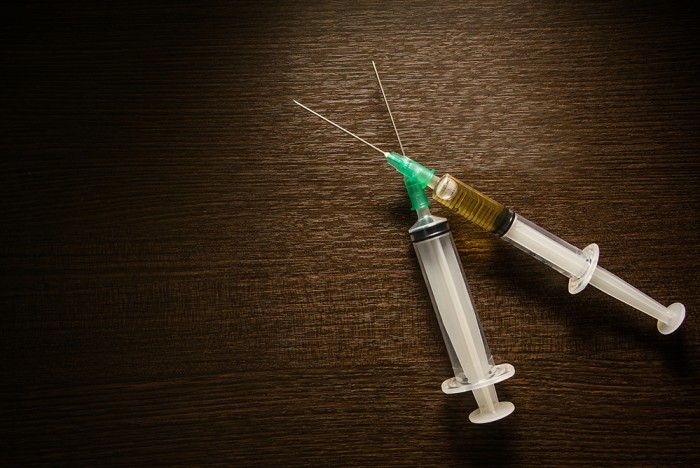Capitolwire: Senate Appropriations Chair Browne Says Governor’s Proposed Budget Doesn’t Do Much About PA’s Structural Deficit; Need More Thought About How to Best Use State’s Assets and Improve Productivity
By Chris Comisac, Bureau Chief, Capitolwire
HARRISBURG (April 23) — The state Senate Appropriations Committee closed the book on another year of state budget hearings Thursday, with one of the more interesting observations made during the multiple weeks of hearings coming on Thursday from committee majority chair Sen. Pat Browne, R-Lehigh, during his closing comments.
With all the talk by Gov. Tom Wolf and his administration about the need to raise taxes, including a 46-percent hike of the state Personal Income Tax, to make more “investments” as well as address the commonwealth’s structural deficit, Browne noted the governor’s plan, ultimately, doesn’t do much about the deficit.
Browne, pointing to information supplied to his committee by the Wolf administration and that it differentiates from Senate GOP appropriations financial data, acknowledged that for about two years the increased revenue from the PIT hike would help with the deficit, but by Fiscal Year 2023-24, the deficit retuned because of continued growth of state spending.
“Taking us out to post-stimulus year [Fiscal year] 2023-24, the growth of expenditures [being] $591 million above the projections that you had provided us – this is a point for us to talk about in terms of our different assumptions – puts us again in fiscal deficit in that year, notwithstanding the fact that we’ve increase our Personal Income Tax by 46 percent,” said Browne. “So, it’s [PIT hike] not a one-time solution. It takes us through a couple years, but it’s just a couple-years solution.”
“At the end of the day, we go through this process of greatly increasing our revenue capacity – I would argue by potentially sacrificing our competitive position – but only taking us two years out to still be in fiscal deficit,” Browne continued. “That leads us to a conversation of where do we go? How do we solve this challenge? Because if it’s just the growth of mandatory expenditures that we want to fulfill for the people for whom we want to fulfill, even with the proposal you’re presenting on behalf of the chief executive, we’re not solving the fiscal challenge.”
Browne noted that some will say the solution is to increase revenue again through additional taxation, but he said it’s his belief there comes a point when taxation begins to produce diminishing returns – lower revenue – even with higher tax rates.
Pointing to Pennsylvania’s growing demographic issues – the state is becoming older with fewer people of working age, meaning more government spending for the state’s aging population but less productivity, and consequently available tax revenue, to pay for that spending due to fewer workers – Browne said, “We’ve got bigger problems to address.”
He said he doesn’t have a solution, but added, “The only thing that I can think we need to work on is how do we use Pennsylvania’s enormous inventory of valuable assets that we have available to us – our higher education institutions, our natural [resource] assets, our cultural assets, diversity – all the things that we have – to maximize their value to increase productivity.”
The state’s revenue picture has improved dramatically from prior estimates – as of the end of March, the state is $1.3 billion ahead of revenue estimates – thanks in large part to the various COVID-19 federal stimulus packages implemented during the past several months, and those figures do not include the potential impacts from the latest $1.9 trillion federal stimulus, of which Pennsylvania state government is expected to get $7.3 billion (with local governments to get another nearly $6 billion).
While some lawmakers argue the federal stimulus dollars should not be used as an excuse to avoid raising taxes to address what they say are the state’s spending needs as well as the structural deficit, others have argued that as the state’s economy and many businesses are still emerging from a COVID-19 environment – with the state still having 319,000 fewer people working than a year ago, and 369,200 fewer available jobs – it’s counterproductive to put on the economy and employers additional fiscal burdens, such as the proposed PIT hike, a new natural gas severance tax, combined profits reporting for the purposes of determining corporation taxes, a substantial hike of the minimum wage and the continued pursuit of a carbon tax on the state’s electricity producers as part of the Regional Greenhouse Gas Initiative.
The current fiscal year ends on June 30, with the new one to start on July 1.















